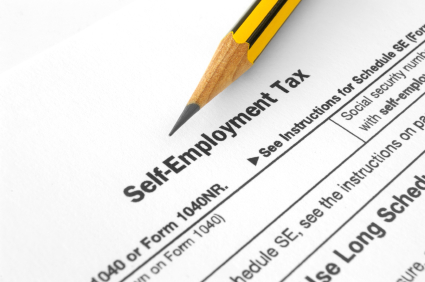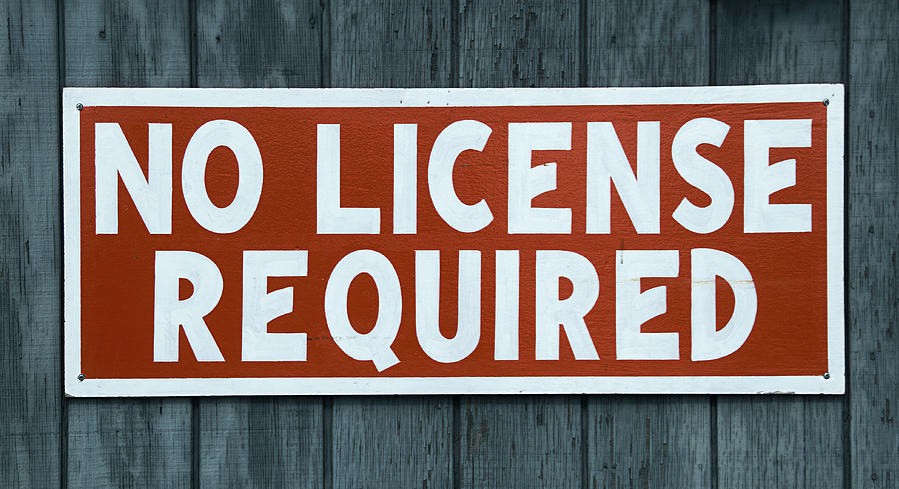Tax on Bitcoin Transactions
In this post I’ll talk about how the United States taxes bitcoin transactions and how you can reduce or eliminate those taxes by planning ahead. Bitcoin and cryptocurrencies are generating massive returns, but are very volatile. Proper tax planning must take both of these issues into account.
The US Internal Revenue Service declared Bitcoin and cryptocurrency capital assets back in 2014. This is significant because, by treating Bitcoins and other virtual currencies as property and not currency, the IRS is imposing extensive record-keeping and taxes on its use.
That is to say, from a federal tax perspective, Bitcoin and other cryptocurrency are not considered “currency.” On March 25, 2014, the IRS issued Notice 2014-21, which stated that, “Virtual currency is treated as property for U.S. federal tax purposes.”
The notice further reads, “General tax principles that apply to property transactions apply to transactions using virtual currency.”
In other words, the IRS is treating the income or gains from the sale of a Bitcoin as a capital asset, subject to either short-term (ordinary income tax rates) or long term capital gains tax rates, (20% tax rate assuming Trump repeals the Obamacare tax).
Fyi… in July of 2017, the US Securities and Exchange Commission ruled that cryptocurrencies are a currency. As a result, ICOs are regulated by the SEC.
Tax Reporting for Bitcoin Transactions
When you sell a Bitcoin, you must report the purchase price, purchase date, sale date and sale price on Schedule D of your personal return. If you’re audited, you must provide documents to prove your basis in these Bitcoins.
For example, if you bought Bitcoins in 2015 and sell them in 2025, you must keep your purchase “documents” until at least 2029, when your audit statute expires. The IRS usually has 3 years to audit your return after it’s filed.
You also need to decide which coins you sold when you report the transaction. For example, you bought two bitcoins in 2015, two in 2016, two in 2017 and two in 2018. Then you sold one coin in 2018. Which coin did you sell?
Since Bitcoin is taxed as personal property, you can chose from two accounting methods. You can select the coin sold using first-in-first-out (FIFO), last-in-first-out (LIFO), or to sell specific tax lots that are most efficient under the “specific share identification” method used for stocks. For more information, see: Bitcoin Tax Guide: Trading Gains And Losses – LIFO, FIFO, Offsetting Lots.
Under LIFO, you would have sold one of the coins you purchased in 2018 in that same year. Under FIFO, you would have sold one of the coins you purchased in 2015 in 2018.
Which accounting method you choose can make a major difference on your taxes. FIFO is the most common and spreads your tax obligations more evenly over the years assuming steady growth. LIFO can defer taxes, but can also result in major spikes in taxes owed.
Once you select a reporting method for your Bitcoin transactions, you must stick with it. If you go with FIFO, you must use that each and every year. You can’t switch methods year after year. For example, you can’t switch from LIFO to FIFO because you want to maximize your crypto gains because you have a large capital loss in a particular year.
Stop Paying Taxes on Your Bitcoin Transactions!
Because Bitcoin sales are taxed as a capital gain, there are three ways you can stop paying taxes on your bitcoin transactions. They are:
- Invest through your IRA,
- Invest through a life insurance policy, or
- Move to the US territory of Puerto Rico.
If you have a sizable IRA or retirement plan, you can buy Bitcoins through this account. Because Bitcoin is a capital asset, you’re allowed to hold coins inside your IRA. Most US IRA providers don’t allow Bitcoin, but you can take your IRA offshore and buy using an international wallet.
When you buy Bitcoin in a traditional IRA, you get tax deferral. You’ll pay tax on the gain when you take your distribution. When you invest through a ROTH IRA, you get tax free… you never pay tax on the gain.
Of course, buying Bitcoin in an IRA isn’t always possible or good practice. Most young investors don’t yet have significant cash in their retirement accounts. Also, Bitcoin is highly volatile and most investment advisors don’t recommend gambling with your retirement savings.
If you buy Bitcoin in an offshore IRA using leverage or a loan, you need to watch out for Unrelated Business Income Tax on the gains. For more on this, see: What is UBIT in an IRA.
Leverage on Bitcoin contracts is generally not available in the United States. The CFTC does not permit American retail customers to trade leveraged Bitcoin contracts on Bitcoin exchanges, thus investing through an offshore IRA LLC with a UBIT blocker can be a significant advantage to a sophisticated investor.
Another way to buy Bitcoin tax free is in an international life insurance policy. If you invest at least $1.5 to $2.5 million, you can get a US compliant life policy that allows you to control your investments.
Like the IRA, this policy gives you tax deferred growth if you cancel it during your lifetime. It also gives you tax free similar to a ROTH if you hold it until your death and transfer the assets to your heirs.
Offshore life insurance is a very powerful and complex tax planning tool. For more, see: Benefits of Private Placement Life Insurance.
The third way to stop paying tax on your Bitcoin transactions is to move to the US territory of Puerto Rico. If you move out of the United States, spend 183 days a year in Puerto Rico, and otherwise qualify for Act 22, you pay zero tax on gains on assets acquired after you move to the territory.
First, note that the United States taxes its citizens on our capital gains no matter where we live. If you move to Colombia, you still pay US tax on your crypto gains because the US taxes you on your worldwide income. So long as you have a US passport, you pay tax on your Bitcoin transactions.
The ONLY exception to this tax on worldwide income is the US territory of Puerto Rico. Section 933 of the US Tax Code excludes Puerto Rico source income from US tax, which allowed Puerto Rico to create it’s own tax rules.
Because the territory is in dire financial shape, they’re doing everything possible to attract high net worth investors. You can move to Puerto Rico, pay zero tax on your capital gains, and never pay US tax on those profits, even if you return to the States after a few years.
Puerto Rico’s tax incentives present a truly unique opportunity for US persons to benefit from the territory’s financial hardship. For more, see: How to benefit from Puerto Rico’s bankruptcy.
For example, you can set up a business on the island and cut your corporate tax rate by 90%. An internet business operating from Puerto Rico will pay only 4% in corporate tax on its PR sourced income. For more, see: Changes to Puerto Rico’s Act 20.
You might also like to read through: A Detailed Analysis of Puerto Rico’s Tax Incentive Programs.
I hope you’ve found this article on how the US taxes Bitcoin, and how to eliminate that tax, has been helpful. For more information, please contact me at info@premieroffshore.com or (619) 483-1708.












Leave a Reply
Want to join the discussion?Feel free to contribute!